A Review of Forty Years of Community Law —— Legal Developments in the European Communities and the European Union
----- 欧共体法实施40年评论
In this important book, eighteen of Europe's most respected jurists and legal scholars look at long-term developments in Community and Union law with a view to shedding light on the current situation and pointing out lessons for the future. They consider major Community law themes as they have developed over the past four decades in institutional and substantive contexts, as well as in such newer areas of development as external relations, economic and monetary union, and the Third Pillar. Starting from the absolute centrality of the Common Market to the European Community enterprise, the authors provide many reminders of how the current situation evolved. Their detailed root analyses of past experiences explore origins, patterns, and implications from the initial concept of market access, through laws relating to individual rights, to such complexities as the bottom-up emergence of constitutional principles. They show that, whether we will in fact soon see a European constitution or not, there is little doubt today that EC law is undergoing what may be best understood as a process of constitutionalization. Seventeen insightful essays give deeper meaning to many events, principles, and issues which have had far-reaching implications for European integration, including the following: the crucial principles made clear by the ECJ in Van Gend & Loos in 1963; the place of fundamental rights in a supranational legal order; tensions to be resolved through political and legal means; exclusive, shared and supporting, competences; the gradual rise of principles such as subsidiarity and proportionality; the precautionary principle; the legitimacy and authority of the ECJ; the extent to which fundamental freedoms have become fundamental rights; the procedural rules of European competition policy enforcement; state aid under EC Treaty Article 87(1); the case for harmonization of private law, social policy and equal treatment; institutional balance; the EU as global actor; the evolution of the EU Charter of Fundamental Rights; and the Constitutional Treaty. The European Union is a dynamic legal order, and continues to face myriad challenges and dilemmas as it expands its membership and considers a European constitution. This concentrated summary of the most important issues in forty years of legal developments reveals both the lasting triumphs along the way and the gaps that require urgent attention if the legitimacy of the Union is not to be impaired. Participants in European law and government, from citizens and students to the highest levels of policy making, will find here an invaluable resource for the future and much food for thought. These articles were first presented at a conference held at the end of 2003 to mark the 40th anniversary of the Common Market Law Review, and were originally published in a special issue of the "Review".
{{comment.content}}
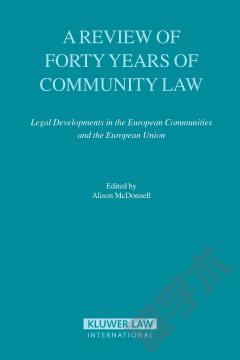


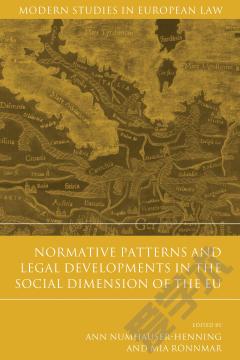
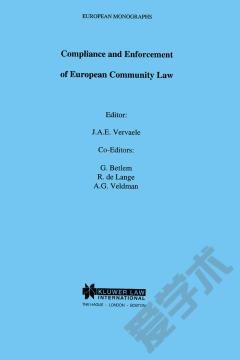
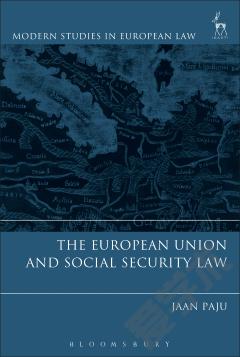
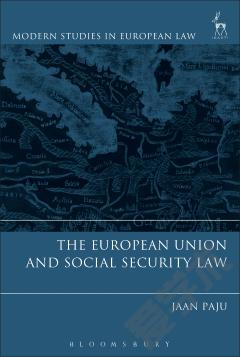

 京公网安备 11010802027623号
京公网安备 11010802027623号